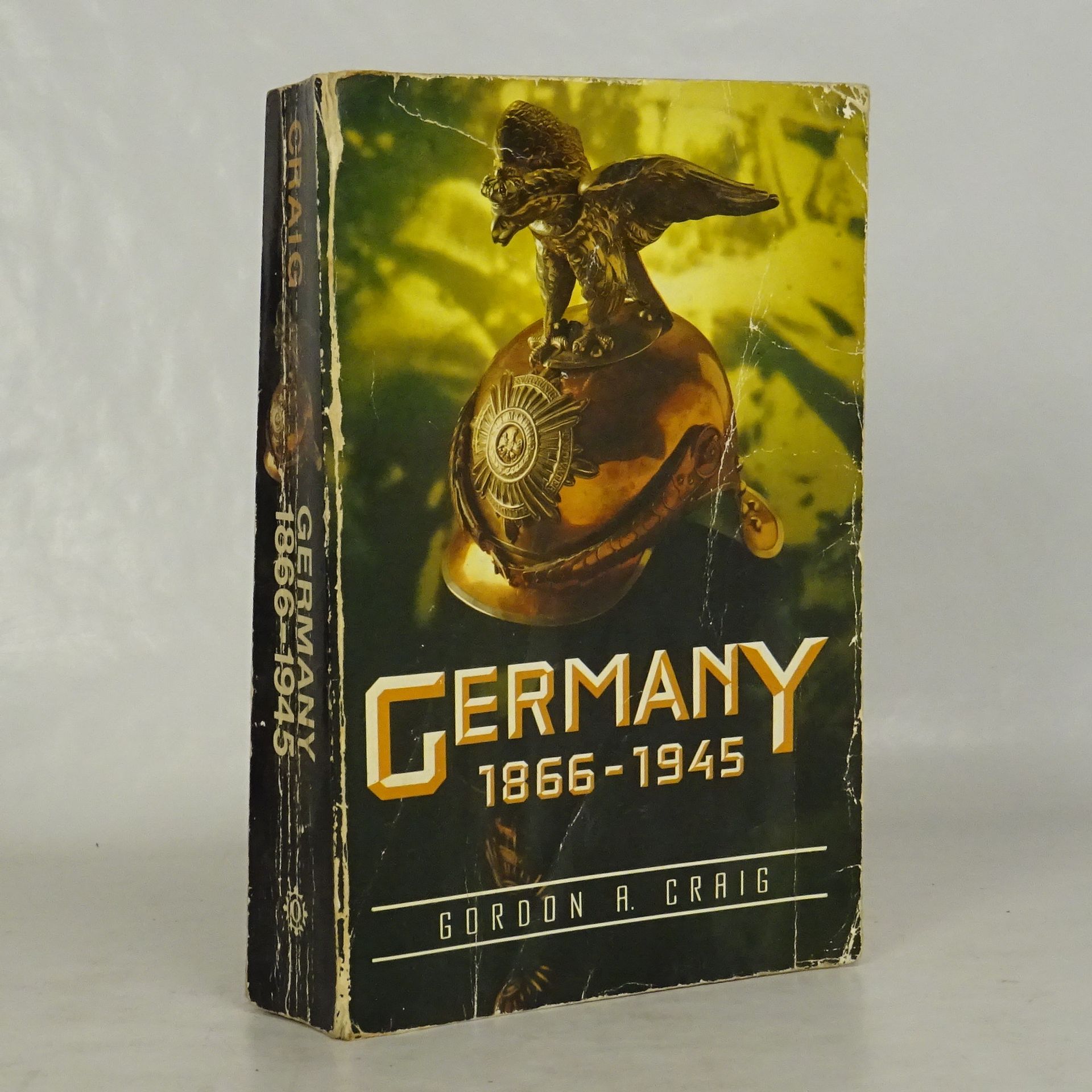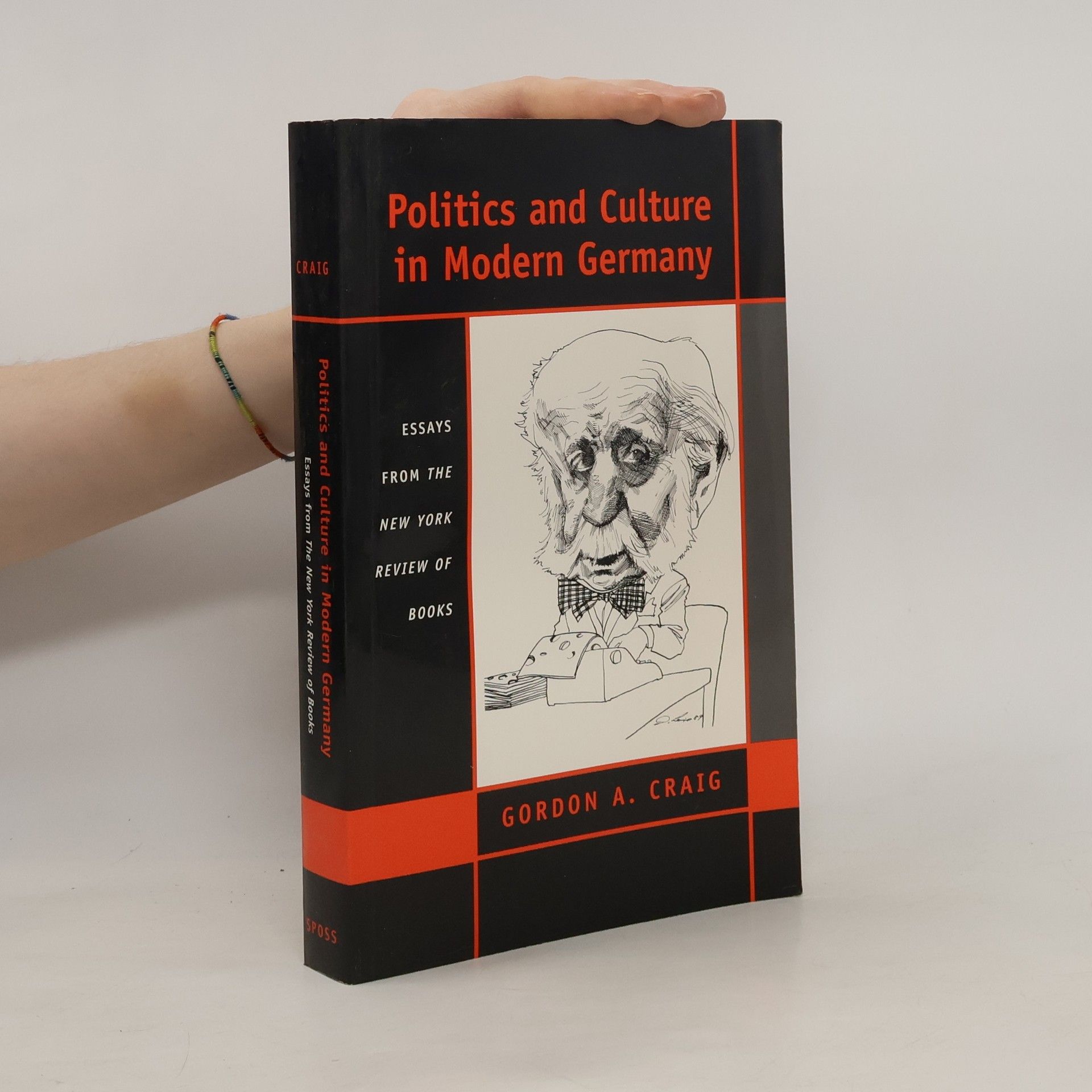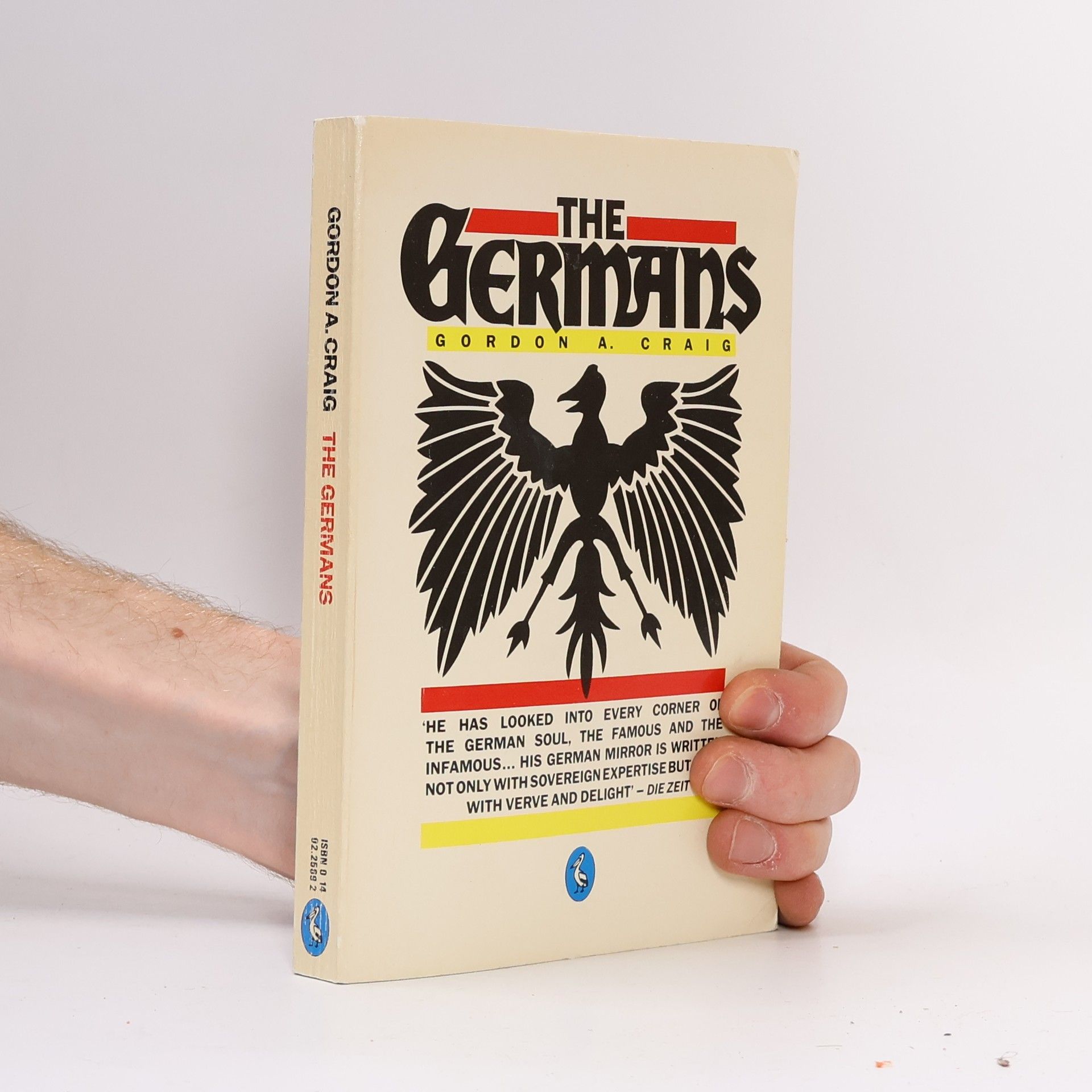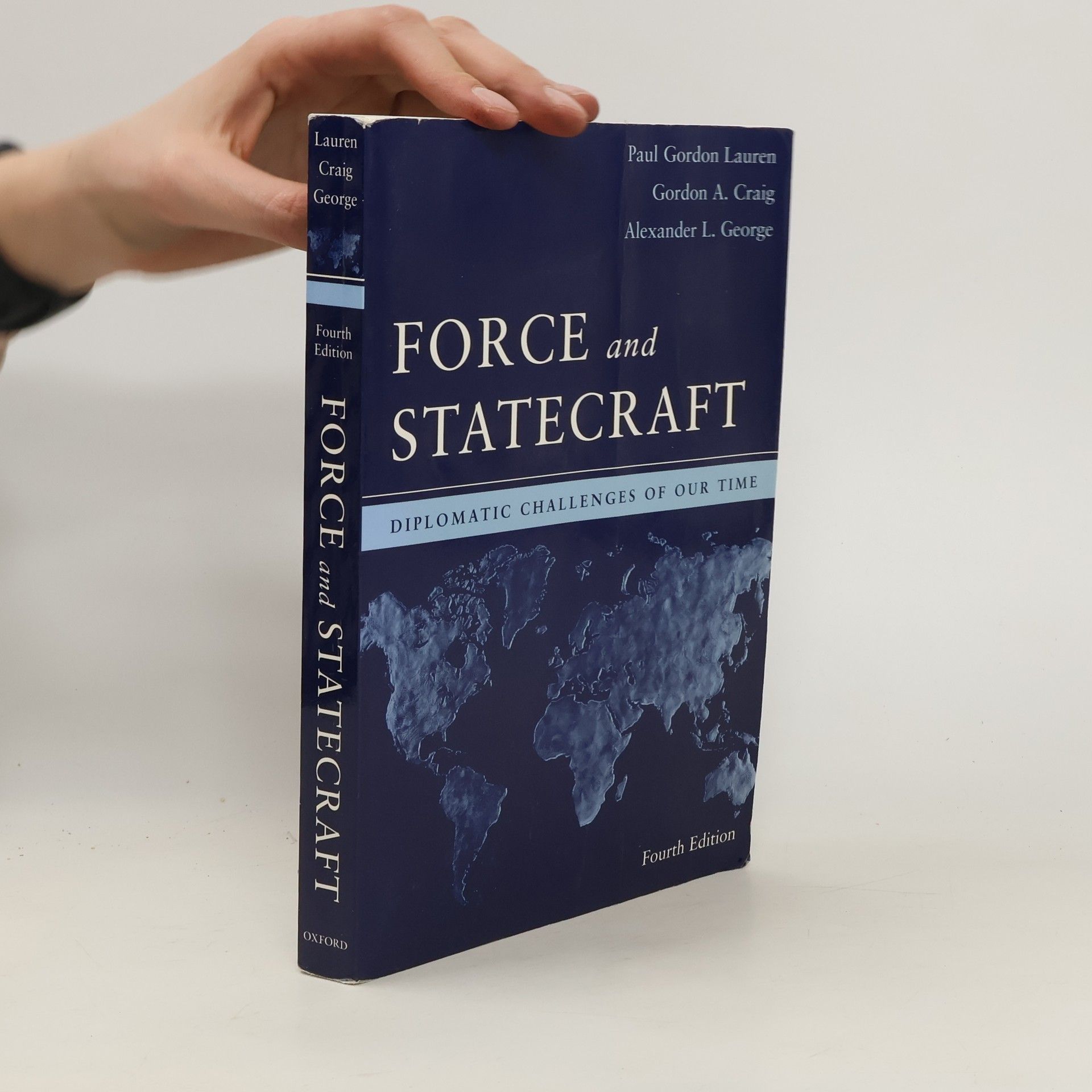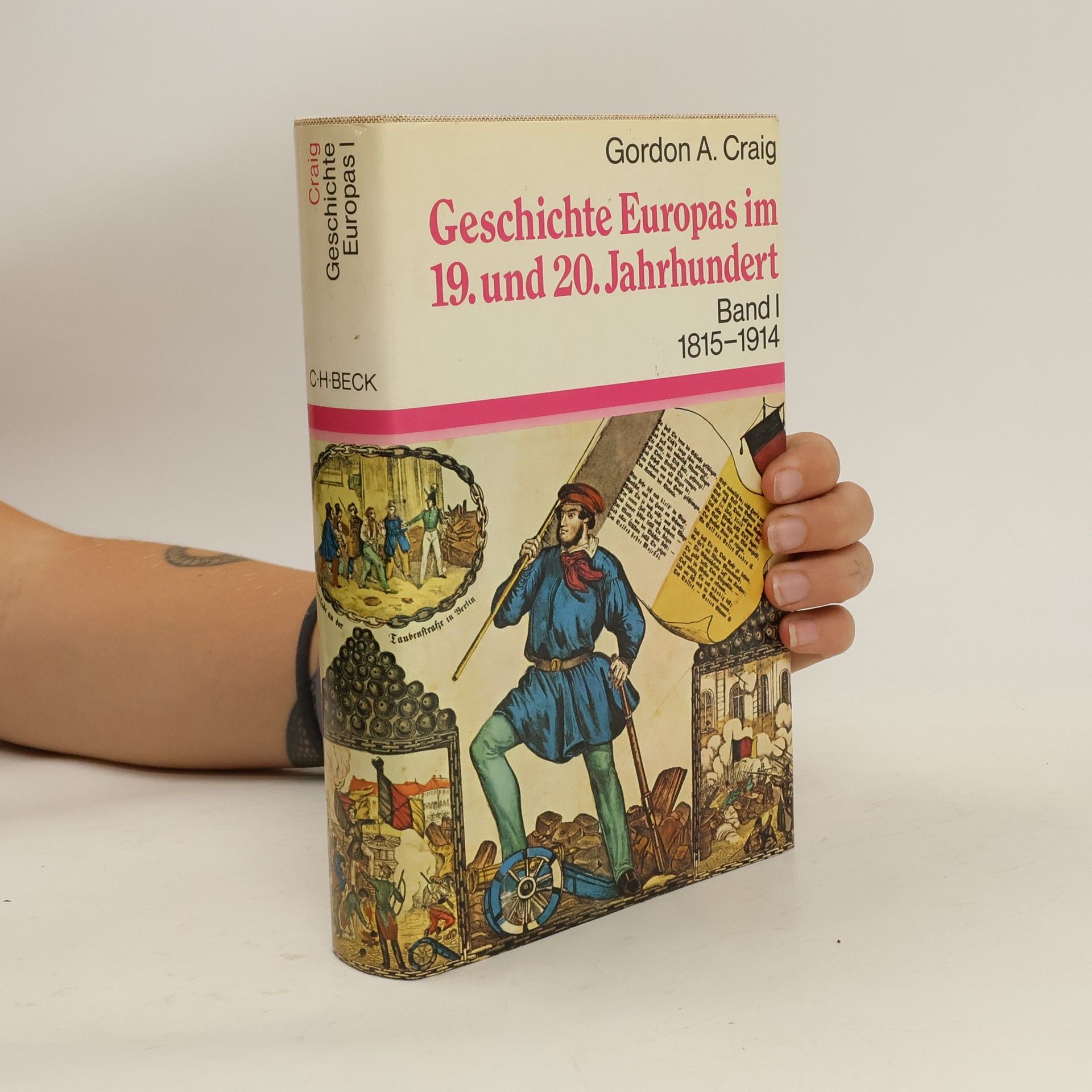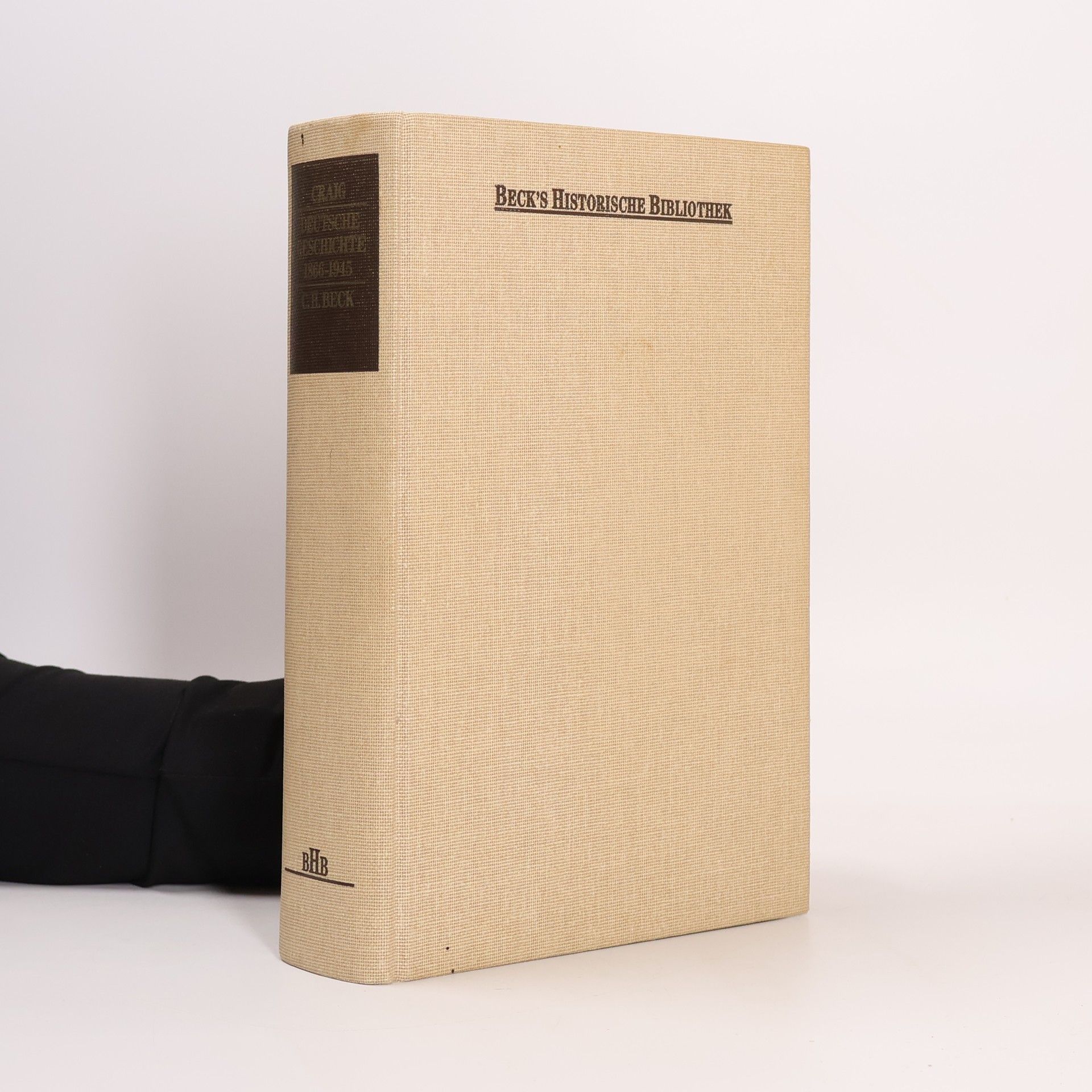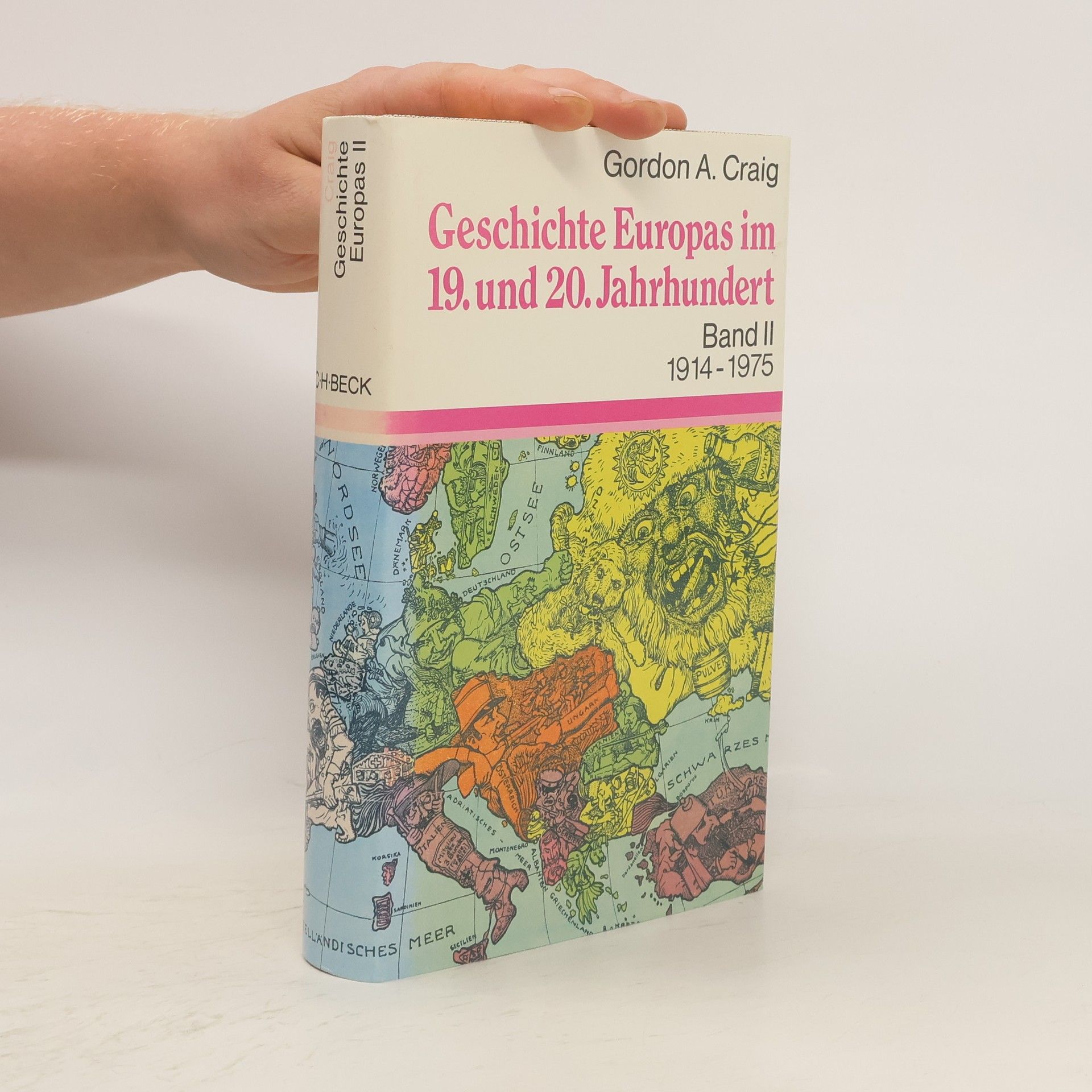Geneva, Zurich, Basel
History, Culture & National Identity
Recognized by historians and politicians as a model for European unity, Switzerland is nonetheless a difficult country to understand as a whole. Whereas individual Swiss cities have strong identities in the international political, cultural, and economic arenas, the country itself seems to be less than the sum of its parts. To capture the elusive spirit of Switzerland, four eminent writers explore the roots of its political unity and cultural diversity in a series of urban portraits. Their observations make for both good storytelling and insightful social commentary
